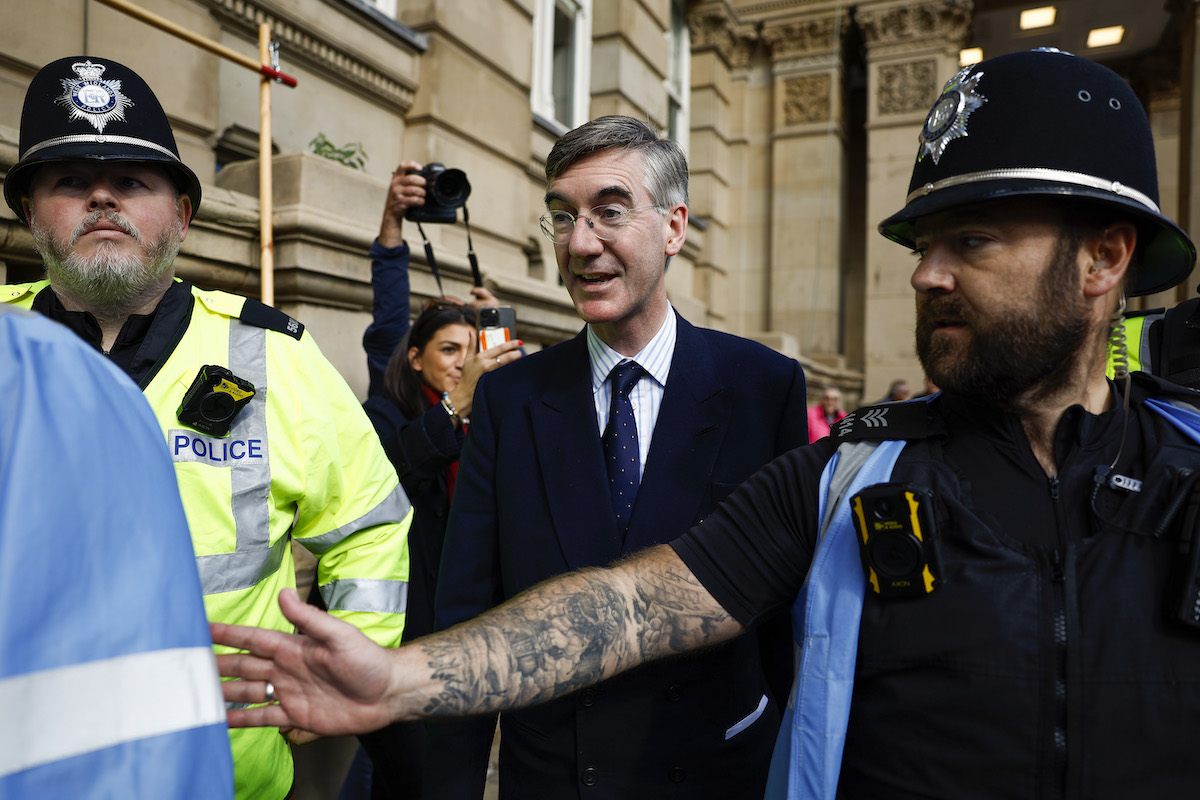A British anti-strikes bill was voted through the House of Commons on Monday, January 30, with the aim to “maintain a basic function and deliver minimum safety levels” in the public sector during industrial action. As the UK is experiencing high levels of strikes in a number of areas, ranging from the NHS to transport networks across the country, the bill is not in line with the public support of the strikes—or apparently anti-strikes politicians from within the Conservative party.
Recent polling from Sky News showed that 37% of those surveyed support unions, up from 35% in November, while a decreasing proportion—28%—felt that unions play a negative role in society, down from 34% in November. With this increasing support for those striking particularly among emergency services in the NHS, the bill is just another example of how out of step the Tories are with public opinion.
Even among those on the side of those in favor of the bill’s aims, Tory MP and long-time supporter of former Prime Minister Boris Johnson Jacob Rees-Mogg has described the bill as “badly written”, saying that it doesn’t describe its aims clearly enough.
“This is almost so skeletal that you wonder if bits of the bones have been stolen away by wild animals and taken and buried somewhere, as if, you know, in cartoons,” Rees-Mogg told Sky News.
This prompted him to align with Labour deputy leader Angela Rayner, saying that certain clauses in the bill that would allow ministers to change it without the full scrutiny of Parliament “should be used exceptionally” and that such language was “bad parliamentary and constitutional practice.” Indeed, giving more power to politicians to limit how workers can strike, at a time when working conditions and pay in many industries are becoming untenable, seems ill-advised.
Despite his reservations, however, Rees-Mogg still pledged to vote the bill through in support of his party. The bill cleared the Commons with MPs voting 315 to 246, providing a majority of 69 in favor. This means the bill will now be voted on in the House of Lords. If it gains approval in the second house, it will gain Royal Assent and become law.
The government has insisted the legislation is coming at the right time among widespread British strike action and toes the line between the right to strike and ensuring public safety during walkouts. However, Labour opposition has criticized the bill and its timing, especially given the public support for the strikes. Opposition leader Sir Keir Starmer has promised to repeal the bill if the Labour party comes to power, saying it is “likely to make a bad situation worse”.
(featured image: Jeff J Mitchell/Getty Images)









Published: Jan 31, 2023 05:22 am